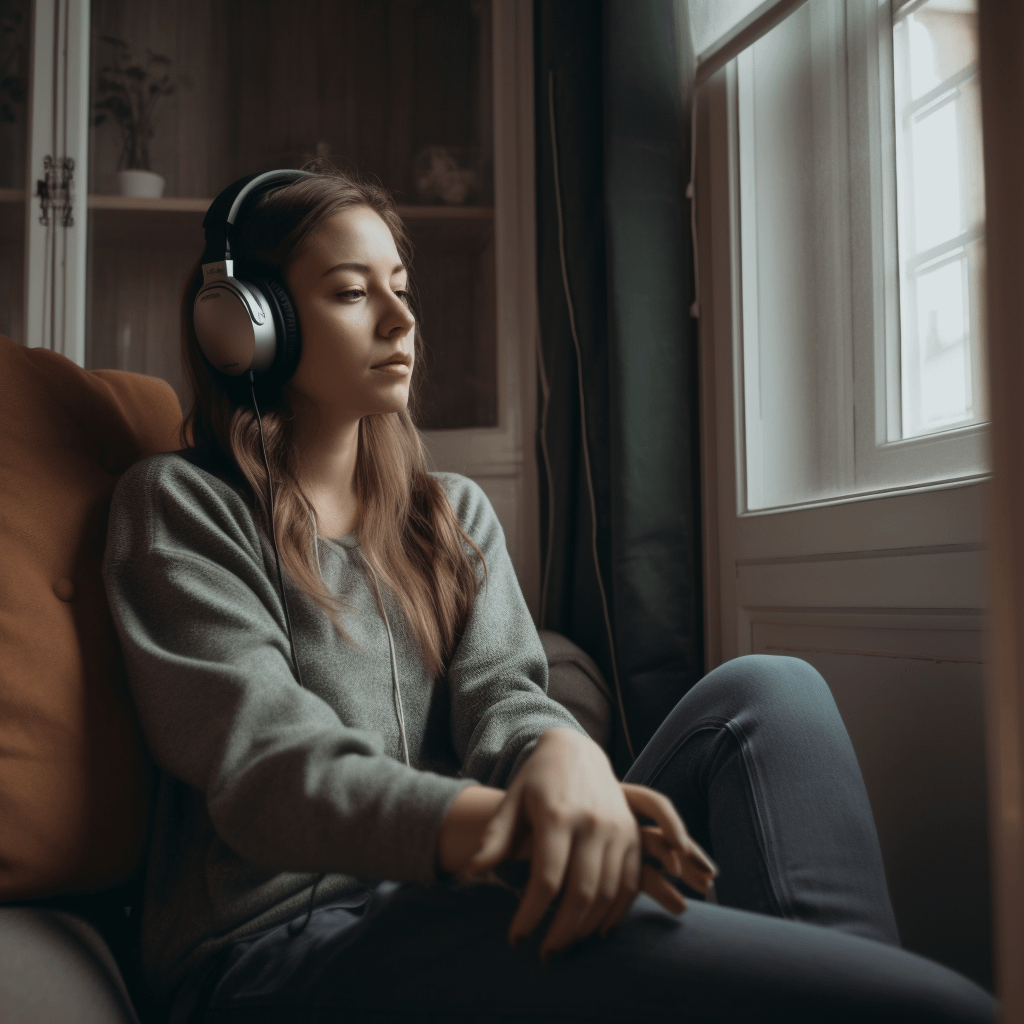If you are a songwriter whose works are distributed along streaming/digital platforms such as Spotify or Apple Music and still think of Ronda Rousey or Conor McGregor when you hear the initials “MMA,” now is the time to take note of the Music Modernization Act, or MMA for short. The MMA, which passed the House of Representatives unanimously in April 2018 and is likely to be signed into law in the near future, provides – among other things which we will discuss here in the coming weeks – an overhaul for how songwriters are paid royalties for their musical compositions through digital sources by creating a “Mechanical Licensing Collective,” although whether the changes will be a net-positive for songwriters or instead a windfall for record labels remains to be seen.
Understanding the Digital Royalties to Which Songwriters are Entitled
While it is easy to think of the word “royalties” as one blanket term in the music industry – and even easier still to just hope it means that you’re going to find a big check in your mailbox one day for your artistic work – there are several different types of licensing fees payable in the music world. Among the more common ones are: 1) payment for use of a sound recording; 2) payment for use of a licensed song in a live production; and 3) payment for a musical composition when it is mechanically reproduced, such as on a record or through a streaming service.
The Mechanical Licensing Collective focuses on the last of these types of royalties: the fees that a songwriter of a musical composition should be paid whenever a recording of his or her song is played via a streaming network, whether or not a different artist performed the work.
Currently, this is a murky process, as the record labels who create deals with streaming services (the first of the type of arrangements described above) have not traditionally done a great job of supplying digital music providers with information related to the songwriter of a given work, much less how that songwriter should be identified, located, and, most importantly, get paid. Furthermore, the streaming services themselves have been taken to task for failing to pay songwriters.
What the Mechanical Licensing Collective Aims to Achieve For Songwriters
The proposed Mechanic Licensing Collective will be a non-profit organization commissioned by the U.S. Copyright Office to oversee and actually administer the process by which songwriters will be paid for digital use of their works. Essentially, this will mean that the digital music services will no longer have to assume this responsibility, and songwriters will have a single location they can go to in order to claim their royalties.
The Mechanical Licensing Collective will be overseen by 14 voting members, which will include ten representatives from the music publishing industry and four established songwriters.

Where creative minds come together
The organization will undertake the following responsibilities, among other things:
- Determining the correct songwriter of musical works.
- Creating and maintaining a master database which will be publicly available to songwriters seeking to obtain profit from their works, so that the copyright holder (AKA the songwriter) of musical works can be identified.
- Understanding and determining the proper proportion of royalties to be divided between a songwriter and publisher.
- Calculating what royalties should be payable for use of a given musical work.
- Actually paying the songwriter for use of his or her work.
Many questions remain about how the Mechanical Licensing Collective, not the least of which is who will actually run the organization (some have suggested that an existing digital rights company could step into the role). And while the hope is that songwriters will see increased royalties for use of their work, artists are encouraged to seek legal counsel in understanding and asserting their rights under any new legislation.
Stay tuned to The Fried Firm Blog for more updates on the Music Modernization Act. Have questions about your own recordings? Reach out to us!



